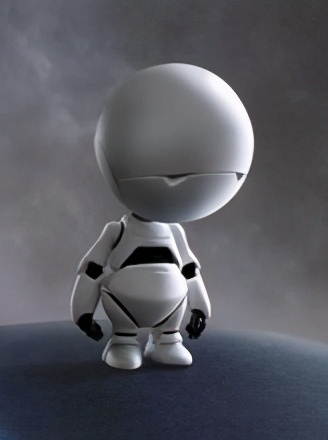What exactly is AI replacing? from tianmeihao's blog
A few days ago, I went to see the minutes of the performance report meeting of KDDI, which mentioned a lot of intelligent office solutions, which felt fantastic, solving the tedious reimbursement, repeated retrieval and screening, and even some auditing and approval, so that many of our transaction processing work can be handed over to the computer.
Deep down, what are the jobs that we can replace with AI?
A few hours of thinking, and my enthusiasm cooled.
Is there time for transactional work, our main conflict? As if not, it seems that many people now have actually nothing to do for 8 hours of work. What is the point of saving time in AI? Are there more layoffs?
At first, when the concept of AI first appeared, some people were worried that AI would replace manual manufacturing unemployment. At that time, Kai-Fu Lee's speech said: AI will replace many basic, tedious jobs in our lives, freeing up everyone's time to devote more to creativity, art, management and other work. There was a lot of applause on the court, and everyone was thinking about a bright future.
But logic actually has two problems.
1. The main reason many of us don't go into creative, artistic, and managerial work is not because we don't have the time, but because we don't have the talent, the opportunity, or those who don't have the status.
2. After any thing is born, it is not popular all over the world as soon as it is born. Advanced technologies such as AI also need a lot of capital to develop and a big organization to operate. Therefore, it will be companies, not necessarily every worker, who will really enjoy the dividends of AI technology. Companies have used AI to reduce costs and improve efficiency, while workers are likely to play a role in reducing costs or improving efficiency.
Computers replace our brains and machines replace the human body. But the influx of hot money into the Internet over the years, due to funding preferences, has led to the development of our computers far outpacing the development of machines. Many smart office systems make companies need fewer white-collar workers, but instead it's more business that creates more demand for delivery and driving rentals, so the office's wealthy manpower is dumped into the market as one of the tens of millions of delivery boys.
Hopefully one day we can find a better way for people and machines, people and computers to get along.


The Wall